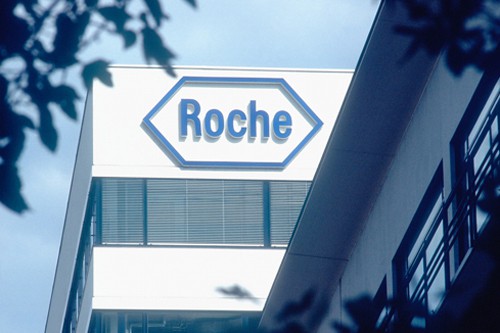
Roche and Cend Therapeutics (Cend) will collaborate to evaluate CEND-1 in combination with Roche’s Tecentriq (atezolizumab), and standard-of-care chemotherapy in patients with pancreatic cancer – metastatic pancreatic ductal adenocarcinoma (mPDAC).
Roche will be responsible for the operational management of the trial and both companies will share equally in the costs of the CEND-1 treatment arms in the study.
Pancreatic cancer is the third leading cause of cancer-related deaths, with a very poor five-year survival rate and over 430,000 deaths each year.
Commenting on the collaboration, David Slack, chief executive officer of Cend, said: “We are extremely pleased to work with Roche to explore the potential of CEND-1 in combination with chemotherapy and immunotherapy for the treatment of pancreatic cancer.
“This collaboration represents a desire to explore a novel combination that may enable immunotherapy to benefit pancreatic cancer patients who, to date, have not benefitted broadly from this important emerging class of anti-cancer treatments.”
The trial will be a phase 1b/2, open-label, randomised, multi-national study in patients with first-line mPDAC and will be conducted in the US, Germany, Spain and South Korea.
Cend’s investigational drug, CEND-1, is a tumour-penetrating peptide that activates a drug transport mechanism specifically in tumours. The drug has also been shown in animal models of pancreatic and other cancers to alter the tumour microenvironment to decrease immunosuppression selectively within the tumour, which may enable a patient’s immune system and immunotherapies to fight cancer with greater effectiveness.
Roche’s Tecentriq is a cancer immunotherapy that has the potential to be used in combination with other immunotherapies, targeted medicines and various chemotherapies across a broad range of cancers.
In June this year, Tecentriq was approved by the European Commission for adults with non-small lung cancer who have a high risk of the disease recurring.
The immunotherapy was the first approved cancer immunotherapy for the first-line treatment of adults with extensive-stage small cell lung cancer in combination with chemotherapy, and has shown clinically meaningful benefit in various types of lung cancer, with six currently approved indications in countries around the world.




